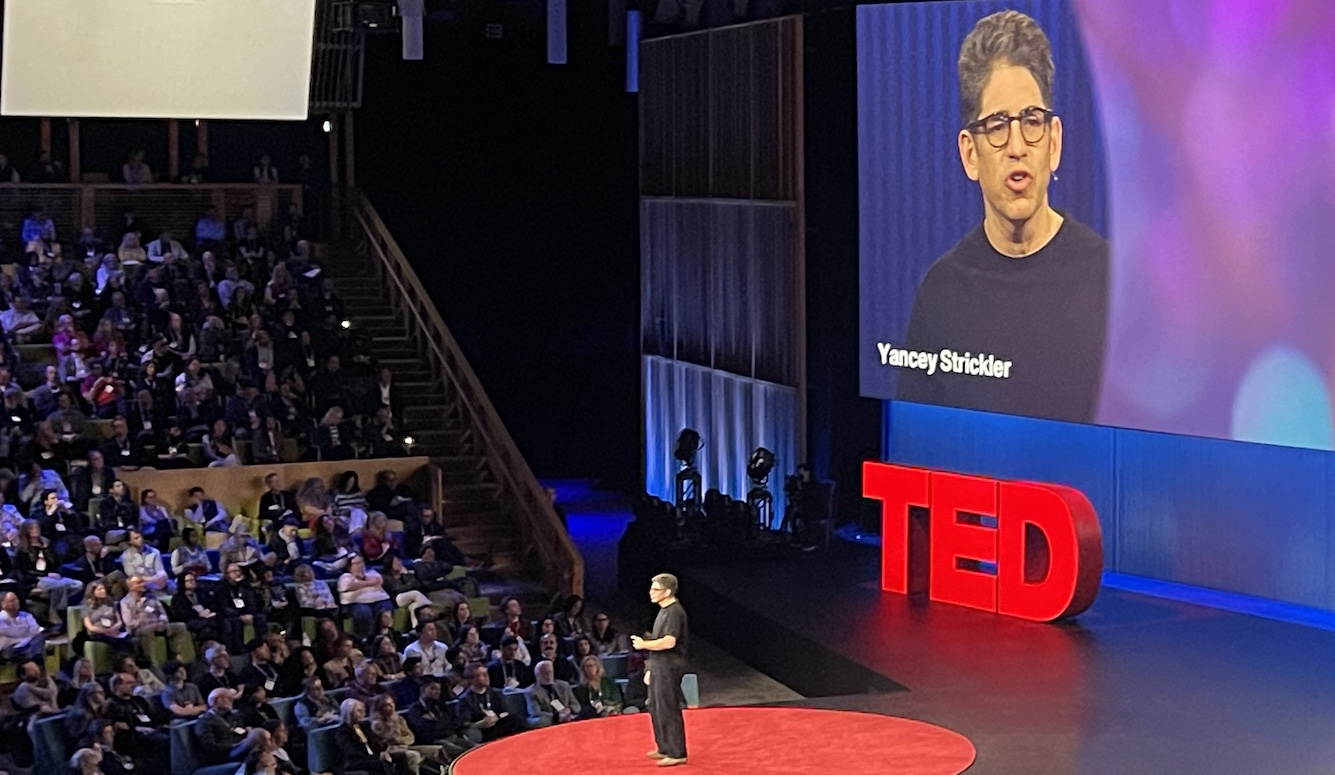TED
Does TED Still Make Sense?
Last week’s TED Talks in Vancouver featured dozens of brilliant speakers. But the earnest belief that big new ideas can save humanity from itself now feels painfully dated.

A few days before last week’s TED2025 event at the Vancouver Convention Centre, a fellow attendee—let’s call him Dave—sent me a message through TED’s dedicated app. Dave told me that he’s put together an international network of corporate leaders who meet regularly at “bespoke” retreats in “epic” locations such as Bali and Botswana. He was looking forward to telling me—and the many other TED attendees who presumably received the same message—more about it over lunch in Vancouver.
I passed up Dave’s invitation, as my limited means generally prevent me from going on epic trips, bespoke or otherwise. In fact, I’d never have made it to TED itself—which charges $12,500 (and up) for admission to its flagship five-day TED Talks—had I not received a free friends-and-family pass from Quillette publisher Claire Lehmann, one of this year’s TED guest curators.
Upon arriving at TED, I quickly realised why Dave, or any other professional networker, would regard this as a target-rich environment. While many of the attendees I met were entrepreneurs, investors, and philanthropists who seem sincerely interested in discovering the next world-changing idea, there’s another well-represented constituency that treats the speeches as background music to a high-concept mixer. Many are TED regulars who return every year (a status indicated by special lapel pins). And there was a good deal of boisterous bonhomie early in the week as these expensively dressed TED habitués invited one another to the various epic parties they’d planned at local bars and bistros.





